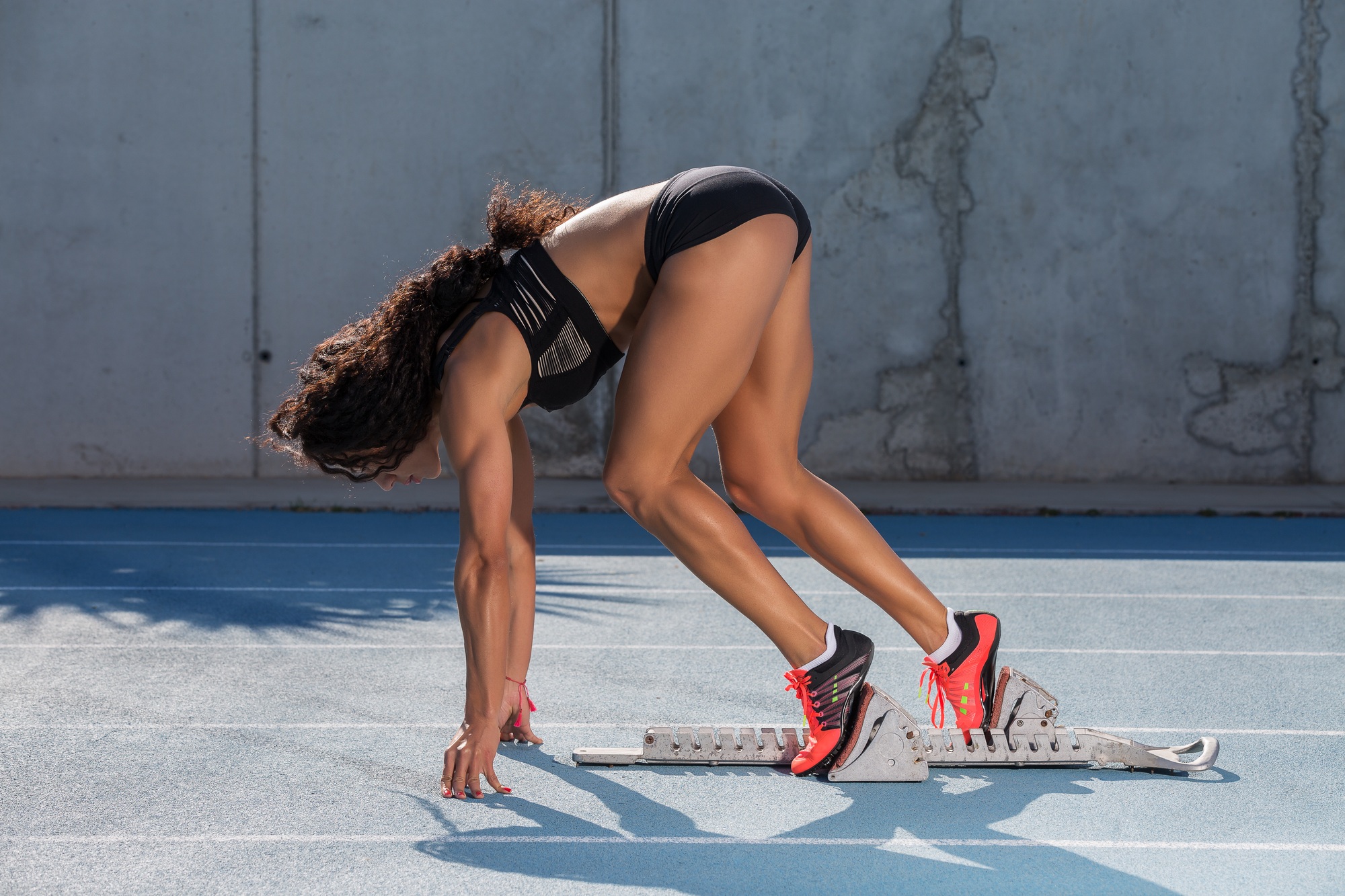Intermittent Fasting for Athletes – Does It Help or Hurt?
Introduction
Intermittent fasting (IF) is one of the most popular nutrition trends in recent years. From celebrities to fitness influencers, many claim it improves fat loss, boosts energy, and even extends lifespan.
But when it comes to athletes, the question is more complex:
👉 Does intermittent fasting actually help athletic performance — or does it hurt strength, recovery, and endurance?
In this blog, we’ll break down:
- ✅ What intermittent fasting is & how it works
- ✅ Benefits and risks of fasting for athletes
- ✅ The science behind fasting and performance
- ✅ Best fasting protocols for active people
- ✅ Who should and shouldn’t try intermittent fasting
By the end, you’ll know whether intermittent fasting could be a game-changer or a performance killer for your training.
🔹 What is Intermittent Fasting?
Intermittent fasting isn’t a diet in the traditional sense — it’s an eating pattern. Instead of focusing on what you eat, it focuses on when you eat.
The most common types of intermittent fasting include:
- 16/8 Method – 16 hours fasting, 8 hours eating window (popular with athletes).
- 20/4 Warrior Diet – 20 hours fasting, 4 hours eating (more extreme).
- 5:2 Diet – Eat normally for 5 days, restrict calories (500–600) on 2 days.
- Alternate-Day Fasting – Fasting every other day.
For athletes, the 16/8 method is the most practical because it allows you to train and recover while still fitting meals into your schedule.
🔹 How Does Fasting Affect the Body?
When you fast, your body goes through several changes:
- Insulin levels drop → encourages fat burning.
- Growth hormone increases → helps with muscle repair.
- Cellular repair processes (autophagy) are activated.
- Energy source shift → body uses fat stores instead of carbs.
For athletes, this metabolic shift could mean:
- Better fat adaptation for endurance sports.
- Easier fat loss while maintaining lean muscle.
- But potentially less energy for high-intensity workouts.
🔹 Benefits of Intermittent Fasting for Athletes
1. Improved Fat Loss Without Muscle Loss
Athletes often need to stay lean without sacrificing strength. Fasting may help reduce body fat while preserving lean muscle mass, especially when combined with resistance training.
2. Better Metabolic Flexibility
Endurance athletes (like runners or cyclists) may benefit from being able to burn fat more efficiently, sparing glycogen for when they need explosive energy.
3. Hormonal Advantages
- Increased growth hormone helps with recovery.
- Improved insulin sensitivity enhances nutrient absorption.
4. Mental Focus & Discipline
Many athletes report sharper focus when training fasted — no heavy stomach, no food crash.
5. Digestive Rest
Fewer meals = less stress on the digestive system, allowing the body to use more energy for training and recovery.
🔹 Risks and Downsides of Fasting for Athletes
1. Reduced Training Performance (Short-Term)
- High-intensity workouts rely on glycogen.
- Training on an empty stomach may feel harder.
- Risk of fatigue, dizziness, or slower recovery.
2. Muscle Loss (If Not Done Correctly)
Without enough protein and calories during the eating window, fasting athletes may lose muscle instead of just fat.
3. Slower Recovery
Skipping post-workout nutrition can delay muscle repair. Timing meals around workouts is crucial.
4. Hormonal Disruption (Especially for Women)
Too much fasting can affect menstrual cycles, bone health, and long-term performance in female athletes.
5. Dehydration
If athletes skip fluids along with food, dehydration can quickly become an issue during intense training.
🔹 What the Science Says (2025 Update)
Research on intermittent fasting for athletes is still evolving. Here’s what studies show:
- Strength Athletes: Mixed results. Some studies show no loss in strength, while others suggest reduced power if nutrition isn’t carefully planned.
- Endurance Athletes: Fasting may improve fat oxidation, but long-term performance benefits are less clear.
- Team Sports: Limited evidence; fasting may impair sprinting and explosive movements if done poorly.
👉 Bottom line: IF can work for fat-adaptation and lean body composition but may not be ideal for peak explosive performance.
🔹 Best Intermittent Fasting Protocols for Athletes
If you’re an athlete wanting to try intermittent fasting, here are the best approaches:
✅ 16/8 Method (Most Recommended)
- Eat during an 8-hour window.
- Train near the end of the fast, then eat after.
- Ensures post-workout recovery is fueled.
✅ Modified 5:2 Diet
- Normal eating 5 days, slightly reduced calories on 2 days.
- Works for athletes in the offseason or during lighter training weeks.
✅ Time-Restricted Feeding (12–14 hours)
- More flexible than 16/8.
- Provides benefits without major energy dips.
❌ Avoid extreme fasts (20+ hours) if training intensely.
🔹 Nutrition Tips for Fasting Athletes
To maximize performance while fasting:
- Prioritize Protein → 1.6–2.2 g per kg body weight daily.
- Don’t Skip Carbs Completely → athletes still need glycogen.
- Plan Meals Around Training → break your fast post-workout with protein + carbs.
- Hydrate Constantly → drink water, electrolytes, or black coffee during fasting.
- Supplements to Consider:
- BCAAs (before fasted training)
- Creatine (anytime)
- Electrolytes (especially in endurance sports)
🔹 Who Should Try Intermittent Fasting (and Who Shouldn’t)?
Good Candidates:
- Athletes looking to lose fat without losing strength.
- Endurance athletes training at low to moderate intensity.
- Athletes who prefer lighter eating schedules.
Not Recommended For:
- High-intensity athletes (sprinters, powerlifters, CrossFit competitors).
- Athletes with heavy double training sessions per day.
- Female athletes with hormone sensitivity.
- Anyone with a history of eating disorders.
🔹 FAQs on Intermittent Fasting for Athletes
Q1: Can I build muscle while intermittent fasting?
Yes, but it’s harder. You need enough calories and protein in your eating window.
Q2: Is fasted cardio good for fat loss?
Yes, but performance may suffer. It’s best for low-intensity cardio.
Q3: Should I take pre-workout supplements while fasting?
Most calorie-free pre-workouts (caffeine, electrolytes) are fine. Avoid sugary drinks.
Q4: Will fasting hurt my recovery?
If you don’t refuel properly after training, yes. Always eat protein + carbs post-workout.
Q5: What’s the best fasting schedule for morning workouts?
Train fasted, then break your fast immediately after training with a recovery meal.









Leave feedback about this